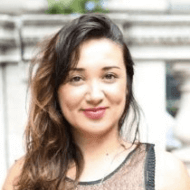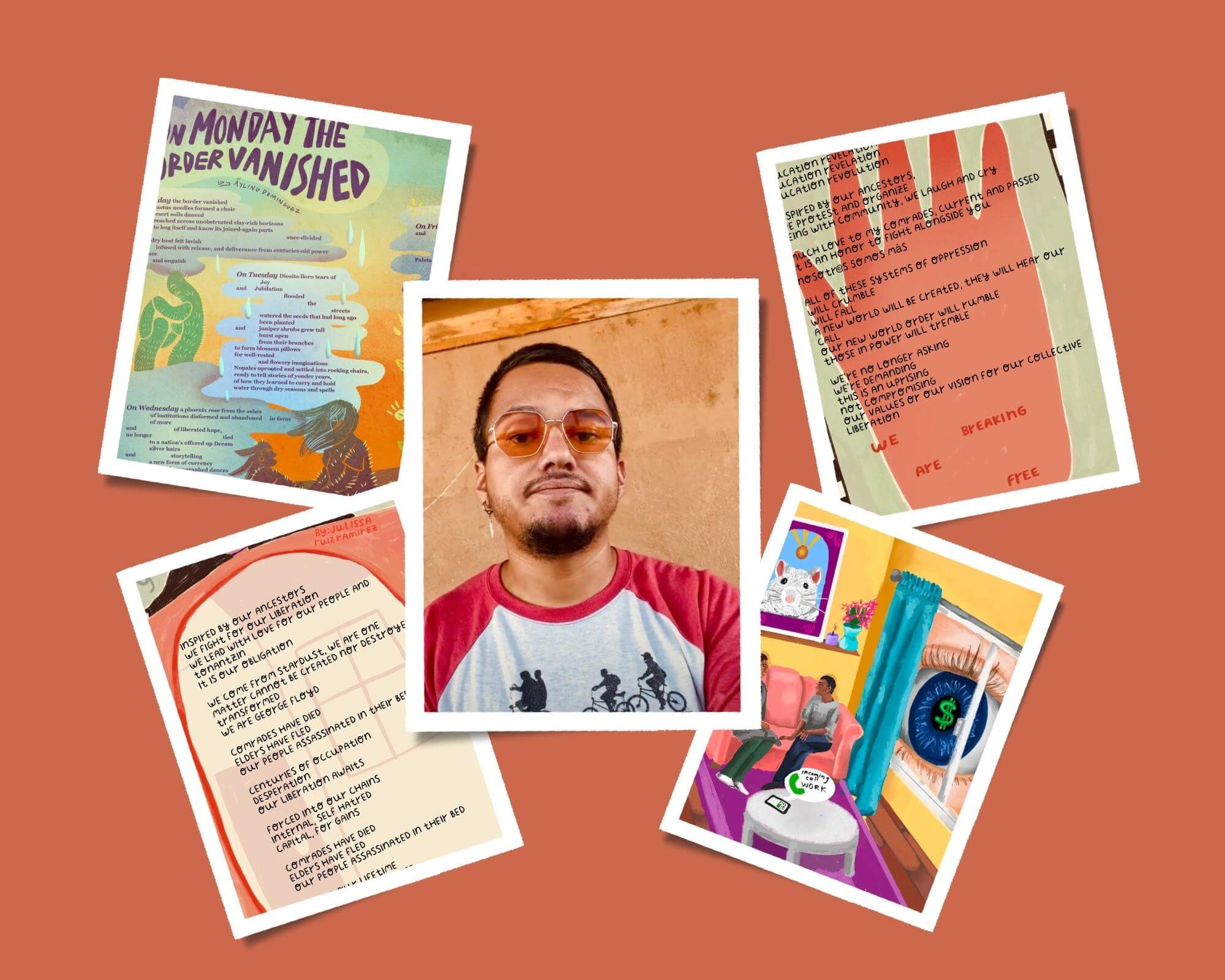
Images courtesy of United We Dream.
| United We Dream launched its second volume of “Immigrant Made,” a zine written and designed by Black, Brown, immigrant, and queer young people who are unapologetically reclaiming their histories, and experiences, and reaffirming their existence. This zine is in response to the unprecedented attack against the banning of books and censored school curricula. We interviewed Alex Martinez, a poet, DACA recipient, and Prescott college student, who contributed to Immigrant Made about his artistic work and why it is important to document the stories of immigrants. |
Copper Courier: How did you first find out about this project?
AM: We were recruited by United We Dream. The intention was not to create a scene. The intention was to create a space for young people, undocumented people, documented people, children of immigrants to get together and just create a space where we could share our stories and get some guidance.
I think the first time that I got into this space was in 2019 and there was a call out from United We Dream and we created this beautiful space where there was a lot of us that came together and we share our poetry, our essays, and it was just a such a nice time to see that other people were doing the same thing I was doing and just tell our stories from our own perspectives. Within the immigrant community, we all have so many different perspectives, and so it’s good to just find that space to be able to share that.

CC: Can you share what it was like to write your submission that is published in the zine?
AM: The origin of that piece was in one of these sessions with our mentors at the Writer’s Guild of America, who did that partnership with United We Dream and got us all together. They said, “You’ve got 15 minutes.” It was an exercise to write about just anything. It was an exercise and the first thing that I typed was that first line from my essay, just running out of time and my friends and going to Arizona.
RELATED: Phoenix Millennial Hopes Broadway Musical About His Life Drives DACA Discussion
I wrote it in 2021, and I left my town in Kansas City, in 2020, in the summer 2020. So, I was just coming to terms with leaving, with the death of my uncle, with my mother struggling with COVID after she recovered.
It was kind of fresh and it was really painful to write. Moving, it’s really painful and it’s a whole journey. Coming to the United States was a whole journey within itself and then growing up in a place and being there for a long time and then moving to another place, especially during COVID and all the different layers that were happening at the time in my family, in my life, it was just extremely heavy. So, I felt like I needed to write about it.

CC: Can you share a bit about your background and when you came to the US?
AM: Yeah, I am from Mexico. I came to United States in 2015 when I was 14 years old. I was raised by my grandmother, and I was sent to the United States with a group of people. My mother had already left in 1999 and so I just end up in Missouri in 2005, not really understanding why I was there, why I was moving. So there was a lot of unknown and just getting reunited with my mother, it was like in my family, my siblings, it was like a shock because I grew up apart from them and, yeah, it was such an interesting turning of events that I didn’t expect that to happen, but it did. My life changed after that.
CC: Can you describe the difference between moving to the US as a teenager and now moving once again to Arizona? What is that like for you, not just as an undocumented immigrant, but now as an adult starting a new chapter in your life?
AM: In many ways it’s very similar. It’s very similar because you go to a different place and there’s a different language, not necessarily linguistically, but in general, there’s a language of that land that you are not familiar with. There’s a new reality that you’re not familiar with. So, your own reality clashes with the reality of that place, of that geographical location and that culture and the language.
In the ways that they were different, I think that when I came to United States, I was unaware of anything. I was just like, “I don’t know where I am. I don’t know where I’m going. I don’t know the reason why I am here. I don’t understand the language. I don’t understand the culture, traditions. Is there any culture?”
When I moved to Arizona, I was a grown person and I have access to skills that I’ve learned over time as an undocumented person. The most important skill that you have is resourcefulness. You learn how to adapt really quick.
When I moved to Arizona, I knew that I needed to adapt. I knew that I needed to find the resources to be able to survive, to be able to get used to my new reality of going to school full time after not going to school after high school.
To be honest, I never moved out of Kansas City because I was afraid to be away from the people who I grew up with. I stayed with them for a long time and then I was really afraid to move on because I was afraid to lose them because I didn’t have them in my childhood. So, it was a really huge decision for me to leave, but I knew that I was ready, and I was prepared.
CC: Do you feel like Arizona is a better place for you? Do you feel like this state helps undocumented people build a life there?
AM: Kind of. I feel like the state itself and the structures of the states do not support undocumented immigrants, undocumented people, or documented people, or any immigrants. They’re not made to support people. I think that, like I said earlier, you have to be able to adapt to the systems and just learn how to navigate them. Missouri is a really conservative state, but I grew up in Kansas City, which is a really, relatively, liberal place. Where I go to school is in Prescott, Arizona, which is a extremely conservative town, where over 80% of people voted for Trump in 2020. So, it’s a really interesting place to live in.
RELATED: DACA Reaches a Milestone, but It’s Not a Joyous Occasion
So, I do not feel supported by the structures of that state. I’ve been harassed, and I’ve been looked at, and I’ve been pointed at, just for the color of my skin, the way I look, and the way that I dress, the ways that I express. So, I wouldn’t say that the state that I come from, Missouri, is any different. The reason that I moved here is because Missouri did not have the resources for undocumented people to go to college. Arizona did. So, in that aspect in educational access, somewhat better, but it’s still not where it should be.

CC: On the topic of immigration, people have assumptions about undocumented immigrants who come to the US, for example, that tragedy in Texas, people don’t understand who they are and why they’re coming here. You do understand what that is like.
AM: Yeah. Absolutely. I think that no one wants to suffer. No one wants to cross a border and suffer. None of us want to do that. None of us want to be harassed for the rest of our lives while we live here. None of us want to exist in a system that doesn’t want us. The people that are here have taken enormous risk to be here and so I think all of us are just trying to survive. All of us are trying to do the best to stay afloat and keep moving forward. I think that we have told people, especially young, undocumented, documented people have been saying the same message over and over again. We are here to stay. We’re not here to ruin people’s lives or whatever else, myths are out there about immigrants. We’re not here to do that.
We’re just here to live our lives and the reason we’re doing it here is because we can’t do it wherever we grew up. Many of us were brought here. So, it wasn’t really up to us, but we can’t blame our parents either for bringing us up here because our parents do not want to be without their children. Children do not want to grow up without their parents and so there’s no reason to criminalize our parents for bringing us here just because they want to be reunited with their children.
Also, our parents came here because there were no opportunities back home. A lot of the times, there are no opportunities back home because of what happens here. A lot of the policies [in the US] have impact everywhere else in the world. The United States doesn’t live in its own world. Everything that happens here has an impact. So, a lot of people migrate here, especially from central America because of what happens here. It’s really interesting and I do write a lot about that in my poetry, about how none of us want to go through a desert for days. Many people lose their lives doing that, but we do it because there’s no other way.
CC: Why do you think it’s important to document your stories, not just in poetry and in stories, but in art in general?
AM: For that same reason you asked me that last question. To want to educate others on our stories. I’ve said it before, and I will say it again, the most powerful thing you can call a weapon, the most powerful weapon we have is our stories. We can educate others by telling them about ourselves. We can coexist together by just learning about each other. Also it’s important to celebrate ourselves. We can celebrate ourselves by sharing our art, the way that we express and this zine, to me, it’s a celebration of all of us, the immigrant community. It’s so huge and the United States, it’s a place where we all could potentially thrive if it wasn’t for the systems in a way.
I think that this zine is an example of why it’s really important to tell our stories, why it’s really important to not ban the books that tell our stories, because in these books, we can find ourselves. Young people need to see themselves reflected in literature. They need to see themselves in the things they read, in the things they watch, in the things they consume. So, what a beautiful way to just do that. I think if a young person or any person reads my essay and is able to learn anything or take anything away from it, then we did our job as artists.
Looking for the latest Arizona news? Sign up for our FREE daily newsletter.
Politics
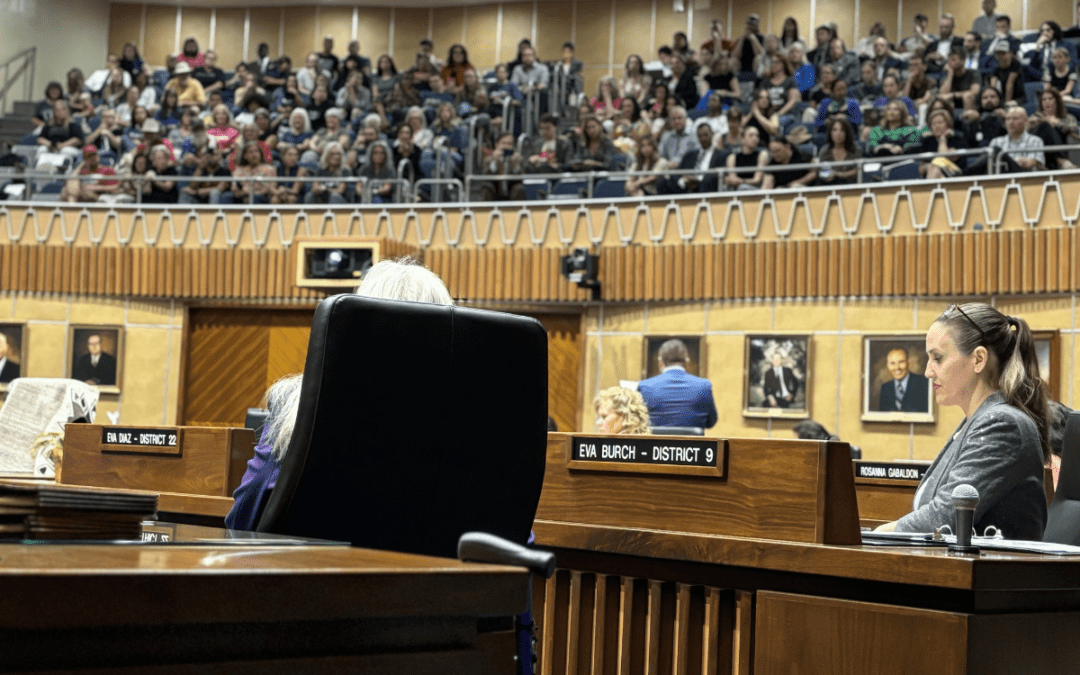
Democrats successfully force vote on repealing 1864 abortion ban, passes House
The Arizona legislature moved forward two bills Wednesday that would repeal the state’s 1864 abortion ban. A bill to repeal the ban has been...
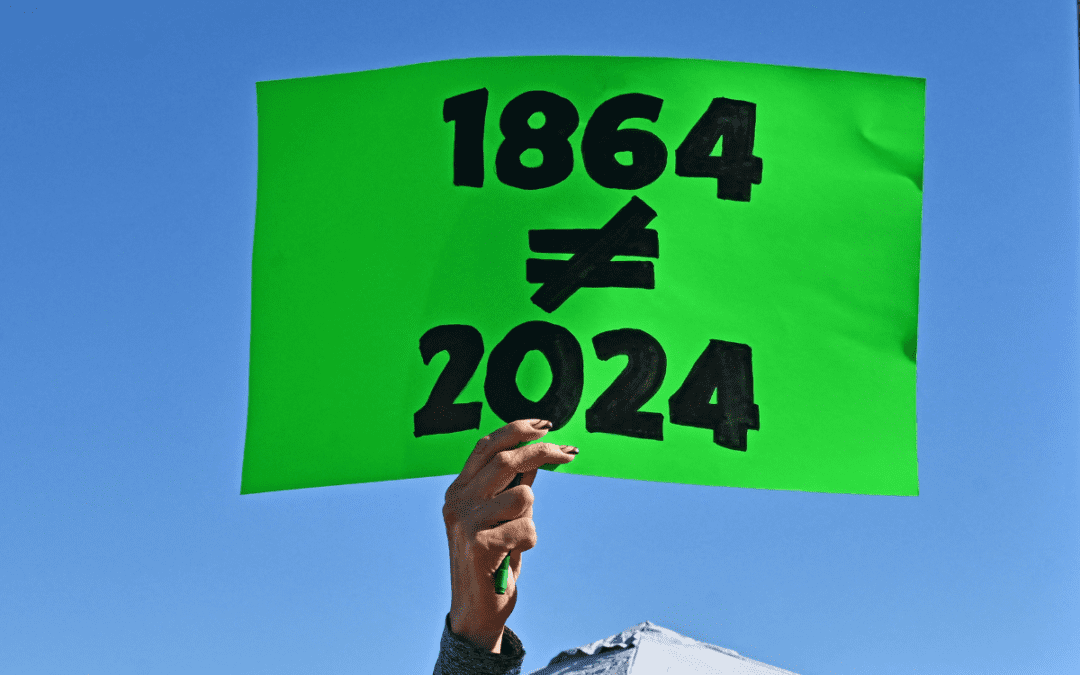
State Official: 1864 abortion ban gives Arizona ‘black eye’
Arizona’s role at the forefront of the climate crisis, defending democratic elections, and protecting reproductive rights has caught the attention...
Local News
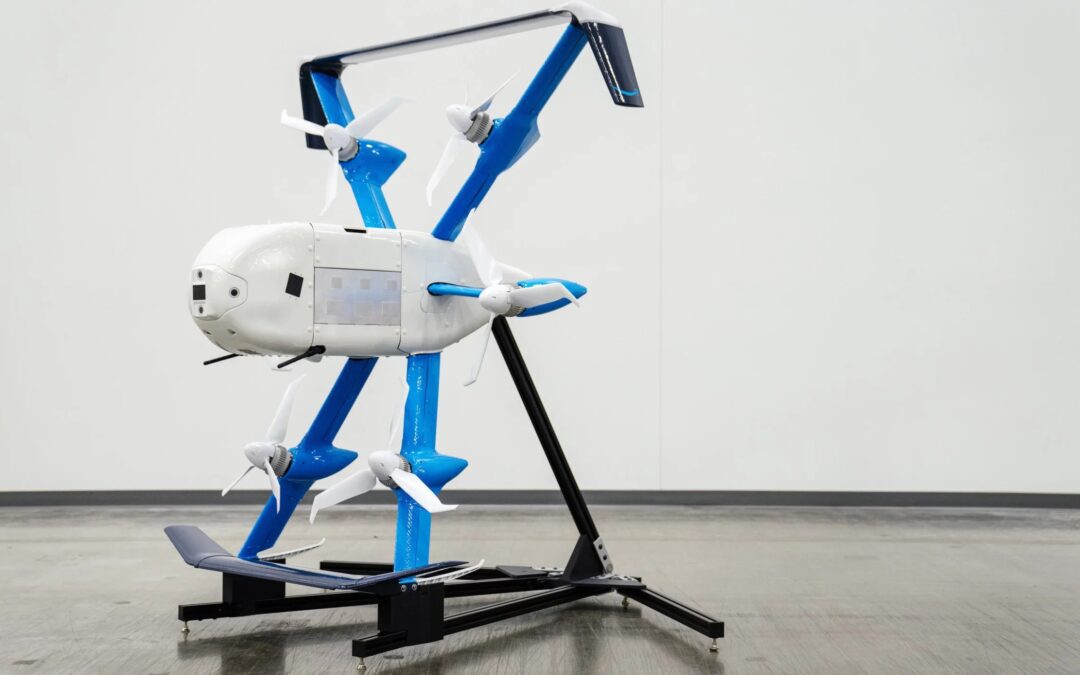
The Amazon drones are coming to Arizona later this year
The drones operate on electricity, while most of Amazon’s fleet of vehicles operate on gasoline. Amazon drone deliveries are coming to the West...

Arizona’s reality TV stars: Where are they now?
From A-list actresses to a controversial bachelor, here's a roundup of reality TV stars from Arizona. Whether you love it or hate it, reality TV is...

